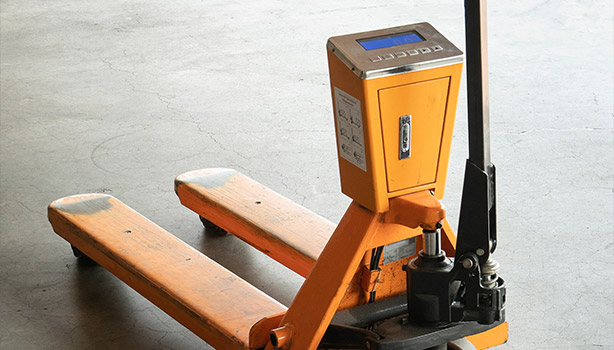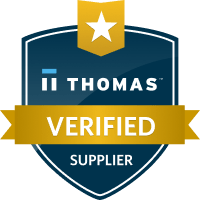
Choosing the appropriate weighing scale for your industry can be tedious. However, once you have found the best one for your application, that instrument can bring limitless advantages. Thus, it is important to invest in high-quality industrial weigh scales that can improve the efficiency and profitability of your business.
While most companies look for scales solely on price, assessing the scale’s value and effectiveness in relation to your application is equally crucial. This article will examine the factors to consider when picking the right industrial weigh scales.
Key Considerations When Choosing the Right Industrial Weigh Scales
Research is essential when determining which scale best fits your demands. This will help you choose a device that will not restrict your ability to follow compliance and trade requirements, slow down your operations, or reduce the quality of your products.
Before deciding on a certain product, you should consider the following factors:
Use Of The Scale
Various scales have various features and functionalities, so it is essential to determine how you will utilize the scale. For instance, the scale required for weighing bulk materials and containers would differ from a device for weighing small and light products.
Application Area Or Location
Scales are not one-size-fits-all devices, so not every type will match the attributes and capabilities of your application. Furthermore, the environmental conditions to which the scale will be subjected can range from dirty industrial floors to wet outdoor environments. That said, the location where you will use your scale can significantly impact its performance and expected longevity.
Type Of Materials
You can ponder the following questions to gain a clearer picture of what to purchase:
Would you require a liquid-resistant scale if you were handling liquid?
How likely are the fluids being measured to leak onto the scale?
Is it preferable to use portable scales for weighing lightweight commodities?
For large and bulky products, would you require additional support mechanisms?
Accuracy
The accuracy of many scales is within 0.1% of the actual weight, which is adequate for most applications. However, if you are dealing with a product that is very sensitive to weight changes, you will need a scale that is even more accurate. Also, remember that you can achieve better findings through regular calibration.
Capacity
Each scale is constructed with a different purpose; not all are designed to weigh large materials. Therefore, when purchasing a scale, it is essential to know your maximum and minimum weighing capacities and whether or not the scale requires overload protection.
Readability
A scale’s readability corresponds to the number of decimal places it displays. For example, the readability of a big-capacity industrial weigh scale would be 0.1 lb less than that of a smaller-capacity device.
If you require a high readability level, you should buy a specialized scale, typically one with electromagnetic force restoration. However, these are often costly and sensitive to industrial conditions.
Connectivity
Select a scale that is simple to operate and compatible with other computer systems, devices, and printers. Doing so will allow you to improve quality control, workflow tracking, inventory management, and documentation. You may also opt to buy scales that connect readily to other equipment to automate procedures by controlling their output lines.
Choose Carolina Scales for Your Industrial Weigh Scales Needs
At Carolina Sales, we combine industry-specific product expertise with superior customer service to provide a variety of industrial weighing and measuring equipment. We are professionals in selling and maintaining weighing equipment, including material batching and blending systems, programmable logic controllers (PLCs), and weighing control systems.
You can visit our website to browse through our extensive catalog of products and equipment. You can also contact us, and we will gladly assist you!





